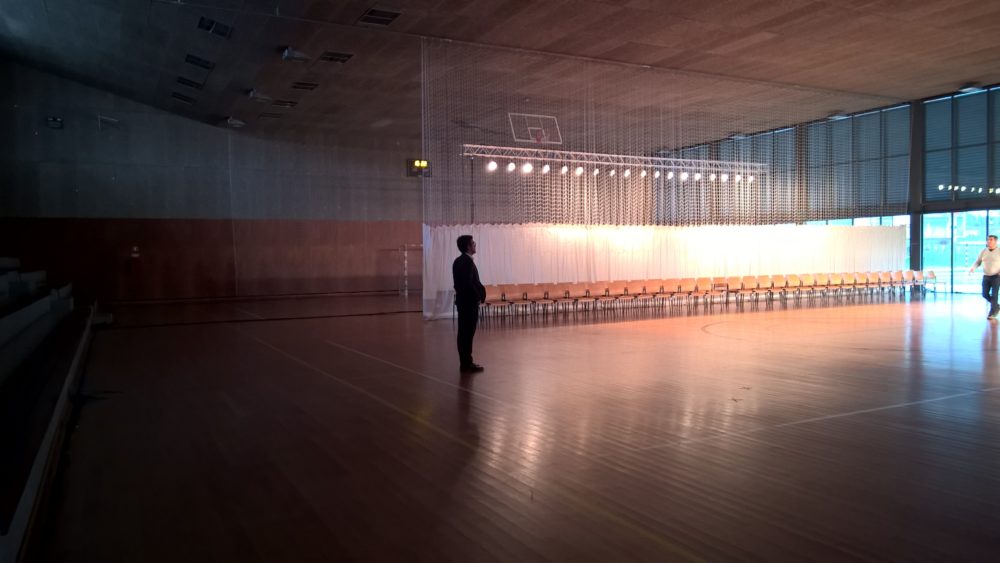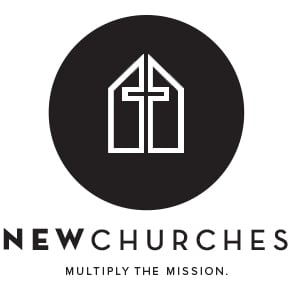Home > Blog > Top Ten Factors to Consider When Looking for a Leased Facility
Top Ten Factors to Consider When Looking for a Leased Facility
By John Muzyka

We often get calls from churches asking for lease space. Most of the time, churches don’t know how much space they need or how much spaces cost in the marketplace. There is also a great deal of information regarding building codes, finish-out costs, and securing permits that is unknown to those who call. Before you shop for space or start calling on signs, we advise the church to get an understanding of your space needs and your budget. The following are the top 10 things that a church planter must know before signing a lease.
Most church plants start in a one-day a week space or a leased facility. The list below outlines key factors to consider as you look for a space.
- Understand how your ministry will use your space
- Get clarity around your mission, vision, and values prior to locking up a space.
- Minimum requirements: To seat 150-175, have three to four classrooms and a foyer. You will need at least 4,000 square feet.
- Ideal Space: To seat 250+ and have several classrooms and offices, you will need at least 6,000 – 10,000 square feet.
- If you have young families, you will need to have clean/safe classrooms. For example, the floor should be carpet and not tile; otherwise, you can bring in an area rug.
- Know you can get a Certificate of Occupancy
- A church falls under Assembly use. The building inspector will require specific improvements for a space to go from office to Assembly.
- Assembly use will have specific requirements for doors, fire safety, restrooms etc.
- Will you have access to enough parking? Do you need a parking agreement?
- Fire Sprinklers
- Do not overlook this.
- Does the space have fire sprinklers?
- If not will it be required? If the space is over 5,000 square feet, it will most likely be required. If the space is already a church it MIGHT be grandfathered in.
- What will it cost? Does the property have a large enough water line coming to the building to have the right amount of pressure? If not this expense will be significant.
- Create some margin in your budget
-
- Church plants need to save money for future facilities. Whether preparing to buy or leasing additional space, you must save cash.
- Between facility rentals, staffing, and programming, make sure that you are saving cash for future facilities.
- Consistently pay a special account over and above your current facilities payment. This will show that you can afford more payments then you have, and it creates a fund for future facilities.
- If you have a “deal,” do not get used to having a small facility payment. This can hurt you down the road when a lender looks at your history.
- A seven-day-a-week building may not be the answer
- Define your target area and know the market. If the market is too expensive then stay mobile and live lean. A building may not be the right answer
- Keep good financial records
- Preparing for the future means keeping good financial records from the start.
- Mag Bookkeeping is a good option. Other options include a CPA that understands churches or a volunteer member who has a solid financial background.
- If you use a volunteer, make sure you have controls in place to protect the church. We’ve all heard stories where the church member that was in charge of the finances takes money from the church.
- Pastor does NOT co-sign or guarantee a lease
- Some landlords will require a personal guaranty for the lease. I have a rule that says; under no circumstances will a pastor co-sign or guaranty the lease. Why? If the church is in default, then the landlord will expect the Pastor to pay.
- Solutions include re-paid rent or having a sending church guaranty a portion of the lease.
- Know whether the lease rate is a monthly number or annual number
- Most lease rates are quoted as an annual number.
- If the agent quotes the space as a $12 per square foot lease, that translates to a 4,000 square feet space that will cost $48,000 per year or $4,000 per month. Under that scenario the space could be quoted at $1 per square feet as a monthly number.
- What type of lease are you signing?
- NNN – This is an additional dollar amount that covers Property Insurance, Taxes, and Common Area Maintenance
- Gross – The lease rate covers the additional expenses in the quoted rate
- Industrial Gross – The additional expenses are included in the rate but will have a base year and the tenant will be responsible for increases.
- The agent you call on the sign represents the Landlord.
- He will be friendly but he is not working for you. Get a real estate professional on your team.
- A lease is a legally binding document and a real estate agent is NOT an attorney. When signing a lease or any legally binding contract, seek the counsel of a real estate attorney.
Many of the items on this list have stories that go along with them. We have seen the fire sprinkler issue cause a church to lose their security deposit, and they were never able to occupy. Not keeping good financial records and not having cash set aside caused a church to miss the opportunity they had been waiting for. If you need help preparing for future facilities, email 4phases@churchrealty.com for a free consultation.
Source: Top Ten Factors to Consider When Looking for a Leased Facility
